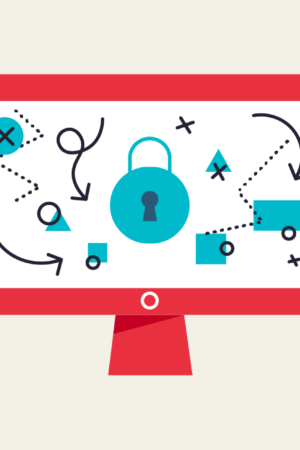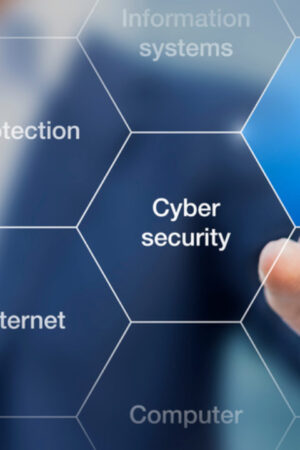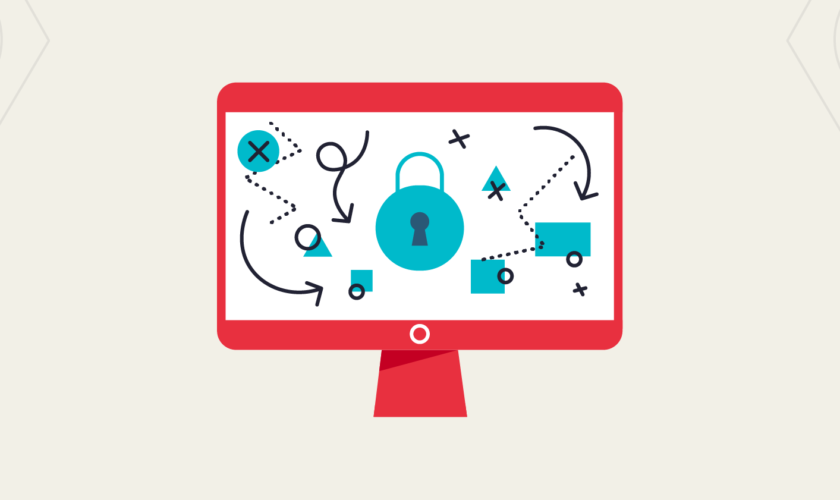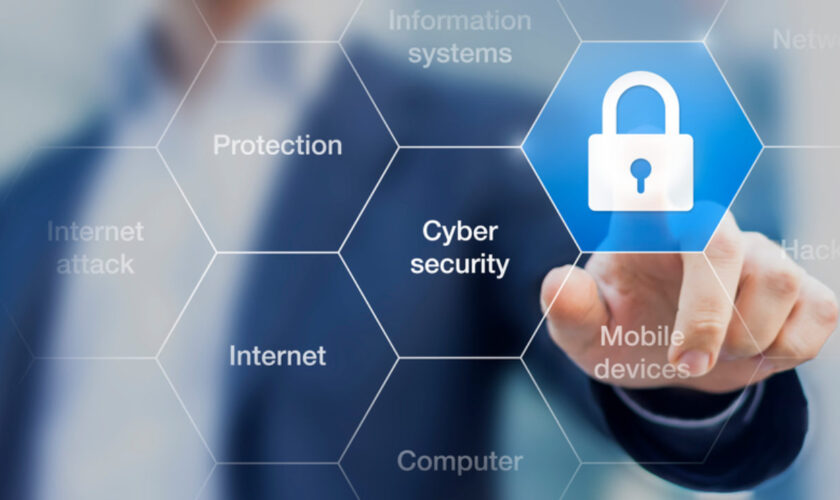Did you know that cyberattacks are becoming increasingly common in the business industry? Not only large-scale companies but small businesses are also becoming targets of cybercriminals. According to a recent report, it was revealed that around 58% of small businesses became the victims of malware attacks.
One of the main reasons for the majority of data breaches occurring in companies is human error. Some employees unknowingly respond to malicious emails or simply fall victim to cyberattacks. While employees are an organization’s biggest asset, they can also become vulnerable to cyberattacks.
The only way to reduce this vulnerability is to educate and train employees on cybersecurity. You can also consider deploying a reliable and professional cell phone spy app on their devices to monitor their activities. However, if you still think they can put your company’s data at risk, you need to make sure they are following top cybersecurity tips.
Top Cybersecurity Tips for Employees to Follow
Below, we have outlined some of the top cybersecurity tips that all employees should practice and follow persistently. Let’s take a look at them.
Create Strong and Complex Passwords
Your company’s sensitive data can be at huge risk if one of your employees has set a weak password. A weak password has the potential to compromise the entire company’s confidential data including the list of the company’s partners, clients, and suppliers.
That’s why employees are recommended to create strong and complex passwords so nobody can guess them. They should create passwords that are longer and contain uppercase, lowercase, numbers, and special characters. Avoid setting up passwords that include their details such as the name of their pet, name of their school, home address, etc.
Enable Multifactor Authentication
Enabling multifactor authentication to all the accounts being used in the workplace is just like putting up more barriers in the place so that it becomes more difficult for cyber hackers to access your company’s data. This is the basic idea behind multifactor authentication or MFA.
When you enable MFA, you create an additional defense layer that makes it almost impossible for cybercriminals to target employees’ devices, networks, and even databases. Every company’s priority should be standardizing MFA across all the company’s platforms including employees’ devices and accounts.
Identify Phishing Scams
All employees should learn to identify phishing scams. Phishing is an online scam where cybercriminals send an email that appears to be from an authentic company asking users to provide private and sensitive information. In case an employee is deceived, he/she could grant the hacker access to the company’s sensitive information.
This is the reason why it is important to educate and train your employees to identify a phishing scam and how to stay away from one. The employees should not open suspicious links that they receive in an email, they should never share sensitive details with someone they do not know, they should never trust an email that comes from a suspicious domain name. Also, if the email contains spelling or grammatical mistakes, they should know it’s not legit.
Be Careful with Software Downloads
All employees should be extremely cautious of the software downloads. They might think that certain software is safe as long as it is being downloaded from a reliable site or is coming from a trusted brand. In reality, these software downloads can pose several security risks. The internet is laden with fake and hoax software that can inject malware or other sorts of dangerous viruses into your computer system.
To prevent the risk coming from software downloads, it is better to limit downloads as much as possible. If downloading certain software is necessary, make sure you run them through antivirus programs. By doing this, you can ensure your employees are following and practicing the basic cybersecurity tips in the workplace.
Stay Away from Public Wi-Fi Networks
Businesses work in different ways now. Gone are the days when employees only used to work in the workplace. Some employees need to work from home or some need to stay on the road. That can require them to conduct meetings in public places such as cafes, airports, and restaurants. All these places offer free public Wi-Fi networks but are they really safe?
The truth is, public Wi-Fi networks are not safe at all. Malicious malware or other harmful viruses can easily be transferred from one device to the other if they are connected to the same network. Similarly, it is easier for hackers to access your sensitive information if connected to a public Wi-Fi network. Therefore, employees are suggested to not connect their devices to a public Wi-Fi network when they are having a business meeting in a public place.
Install Employee Monitoring Solution
Last but not least, you should install a third-party phone spy app on your employee’s device as it would act as an employee monitoring solution. With the help of monitoring software, you can keep a close eye on your employees’ activities and see what they are up to during office hours.
In case, they are misbehaving with someone, spending leisure time browsing entertainment websites and social media sites, or watching movies during office time, you can instantly know and decide what to do with them.





